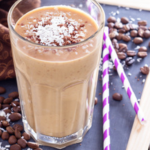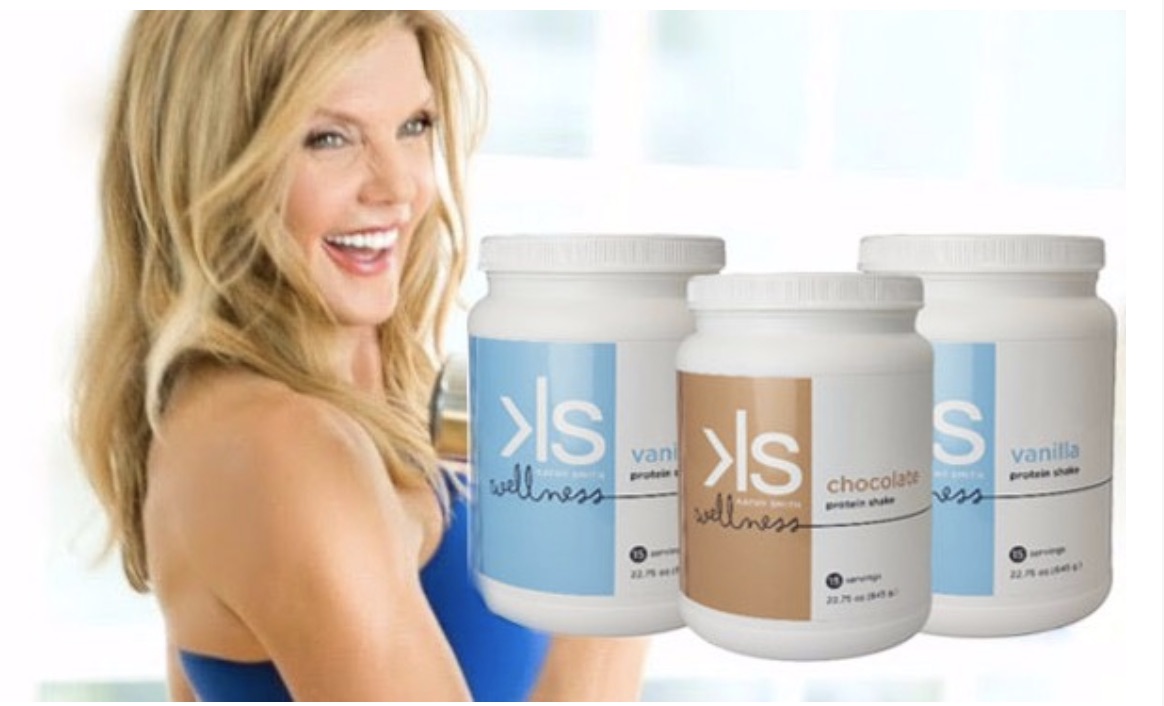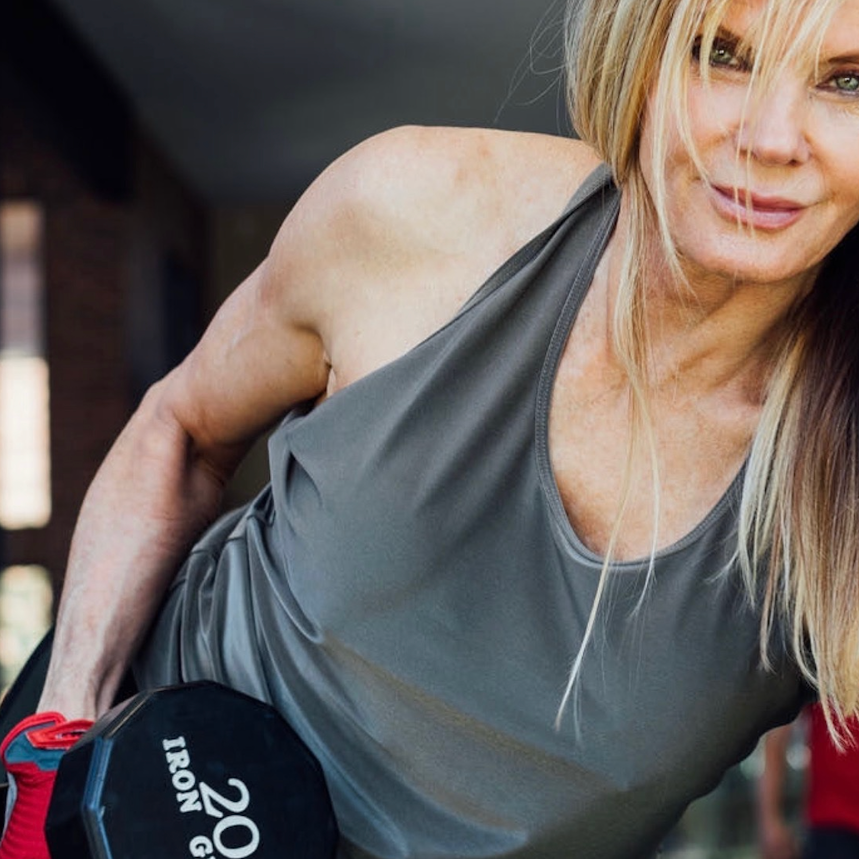WHY IS PROTEIN CRUCIAL FOR WEIGHT LOSS?

When choosing proteins, aim for the highest quality—think organic, grass-fed meats and poultry, and cold-water fish that’s preferably wild-caught.
When choosing plant-based protein, think variety for the comprehensive range of nutrients your body requires. Diversifying your plant-based protein sources ensures you’re getting a well-rounded array of amino acids, essential fats, vitamins, and minerals. Each plant-based protein, from quinoa to legumes to tofu brings its own unique nutritional profile to the table.
Top 20 Plant-Based Protein Options
- Tofu (Firm) – About 10 grams of protein per 1/2 cup serving.
- Tempeh – Roughly 15 grams per 1/2 cup serving.
- Edamame – Approximately 8.5 grams per 1/2 cup serving.
- Lentils – Around 9 grams per 1/2 cup cooked.
- Chickpeas – About 7.25 grams per 1/2 cup cooked.
- Black Beans – Roughly 7.6 grams per 1/2 cup cooked.
- Kidney Beans – Around 8 grams per 1/2 cup cooked.
- Nutritional Yeast – About 8 grams per 2 tablespoons.
- Spirulina – Roughly 8 grams per 2 tablespoons.
- Quinoa – Approximately 4 grams per 1/2 cup cooked.
- Peanut Butter – About 7 grams per 2 tablespoons.
- Almonds – Roughly 6 grams per 1/4 cup.
- Chia Seeds – Around 2 grams per tablespoon.
- Hemp Seeds – Approximately 5 grams per tablespoon.
- Green Peas – About 8 grams per 1 cup serving.
- Seitan (Wheat Gluten) – Roughly 21 grams per 1/3 cup serving.
- Oats/Oatmeal – Around 6 grams per 1/2 cup serving cooked.
- Soy Milk – About 7 grams per 1 cup.
- Spinach – Roughly 5 grams per 1 cup cooked.
- Broccoli – Approximately 4 grams per 1 cup cooked.
Top 20 Lean Protein Options (Non-Vegetarian)
- Chicken Breast (Skinless) – About 26 grams per 3 oz serving.
- Turkey Breast – Roughly 24 grams per 3 oz serving.
- Lean Beef (95% Lean Ground Beef) – Around 18 grams per 3 oz serving.
- Pork Loin – Approximately 22 grams per 3 oz serving.
- Tuna (Canned in Water) – About 20 grams per 3 oz serving.
- Salmon (Wild-Caught) – Roughly 19 grams per 3 oz serving.
- Tilapia – Around 23 grams per 3 oz serving.
- Cod – Approximately 15 grams per 3 oz serving.
- Shrimp – About 20 grams per 3 oz serving.
- Egg Whites – Roughly 3.6 grams per egg white.
- Cottage Cheese (Low-Fat) – Around 14 grams per 1/2 cup serving.
- Greek Yogurt (Non-Fat) – Approximately 17 grams per 6 oz serving.
- Skim Milk – About 8 grams per 1 cup.
- Venison – Roughly 26 grams per 3 oz serving.
- Bison – Around 24 grams per 3 oz serving.
- Rabbit – Approximately 28 grams per 3 oz serving.
- Duck (Skinless) – About 23 grams per 3 oz serving.
- Halibut – Roughly 23 grams per 3 oz serving.
- Sardines (Canned in Water) – Around 21 grams per 3 oz serving.
- Trout – Approximately 19 grams per 3 oz serving.








